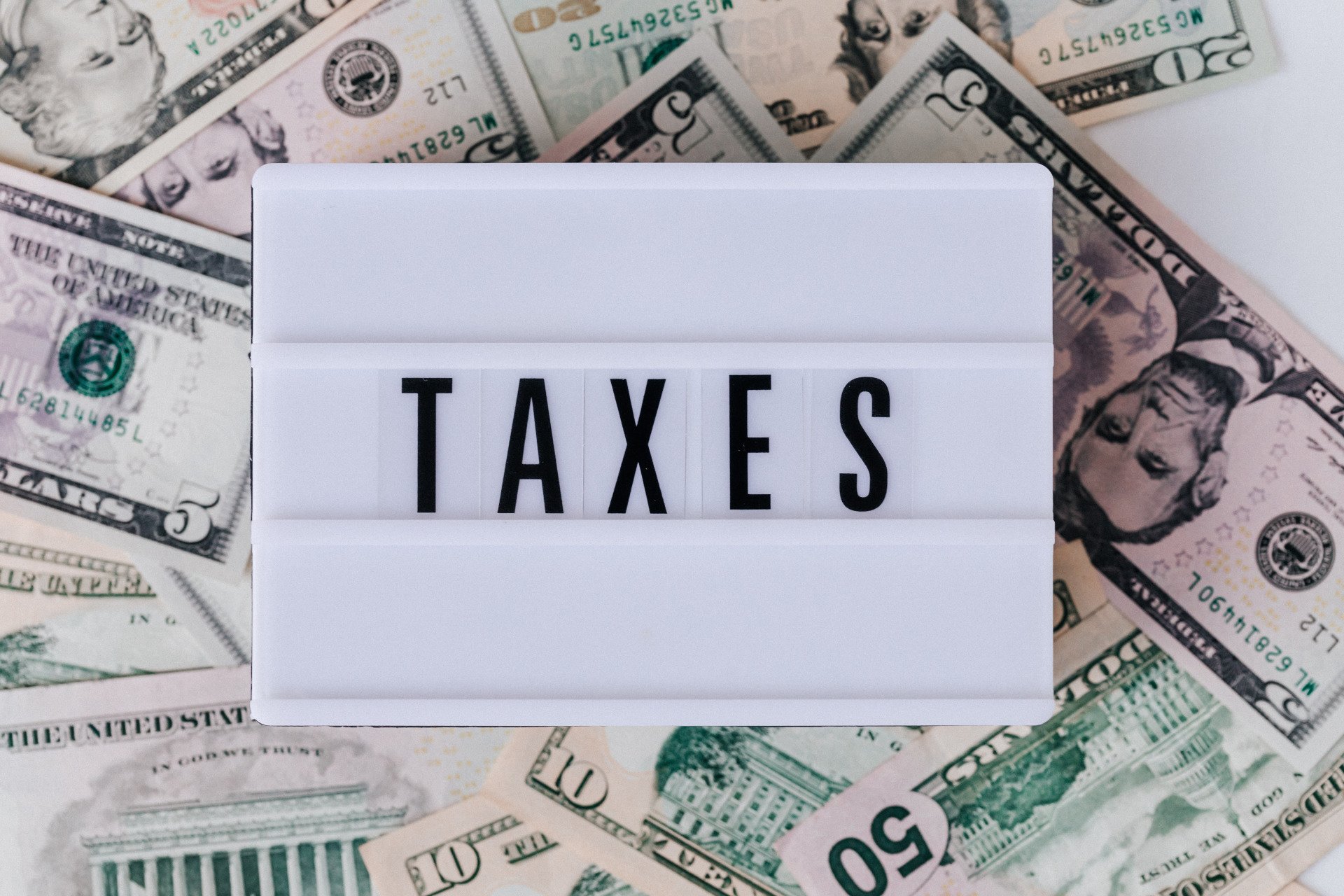
Address
4321 Kingwood Dr. STE 168
Houston, Tx 77339
Get in touch
832-527-8611
patrick@bestbusinessratings.com
Follow us

Article By Patrick Mansfield | Best Rated Law Firms | 02/23/2023
Article Summary
The Internal Revenue Service (IRS) can use a variety of methods to collect unpaid taxes. Have you ever wondered what the IRS can seize if you haven’t paid your taxes? This article will discuss some of the different things that the Internal Revenue Service can do in an effort to collect taxes owed.
Garnish Wages and Bank Accounts
A wage garnishment is an order from the IRS to take part of your wages directly from your paycheck. The IRS can also seize money from your bank account, up to the full amount of unpaid taxes due, including penalties, or whatever portion remains after subtracting any withdrawals you made within 60 days prior to levy. In addition, if you are actively involved in a business venture, the IRS may also garnish business income and seize related business assets such as accounts receivable and inventory.
Seize Property
The second form of tax collection that the IRS may undertake is a seizure or forced sale of any real estate or property that you own, including vehicles and residences. If there are multiple liens on one asset then priority will usually be given to state and local governments before federal government departments liked the Internal Revenue Service. The sale proceeds will first be used to pay any related sales fees before being applied toward unpaid tax debt.
Seize Your Tax Refunds
In some cases when taxpayers file their annual return they might face an aggressive collection technique called interception of tax refund in which all or a portion of their refunds are intercepted by the IRS due to outstanding back taxes owned from prior years. Receiving banks must comply with IRS instructions when it comes to seizing for other government agencies so if requested, they must divert funds belonging to someone who owes back taxes directly into entity’s account with them instead as payment offers satisfaction on part or all of taxpayer’s debt with government agency making that request.
File Liens Against You
Finally, if none other methods prove successful at collecting payment then internal revenue service might move towards filing lien against taxpayer’s property title deed while thus preventing them from selling it until the debt to the Internal Revenue Service has been paid off.
























